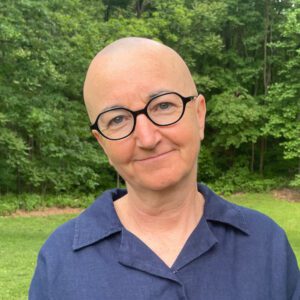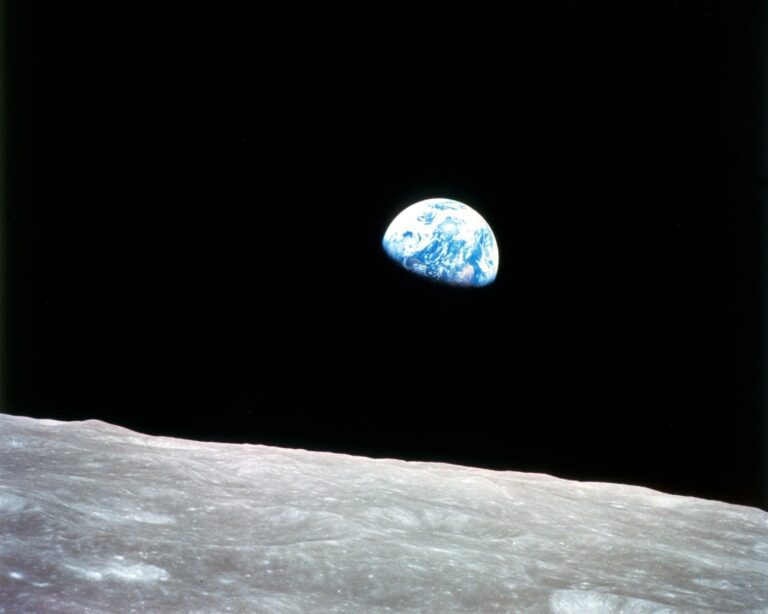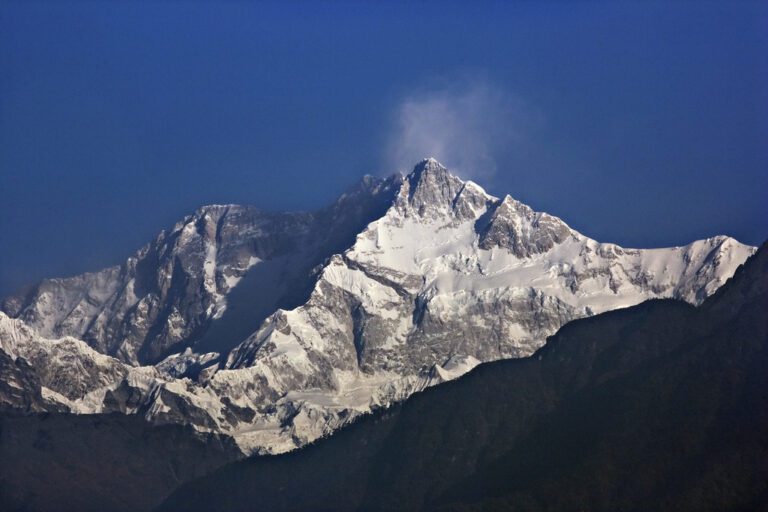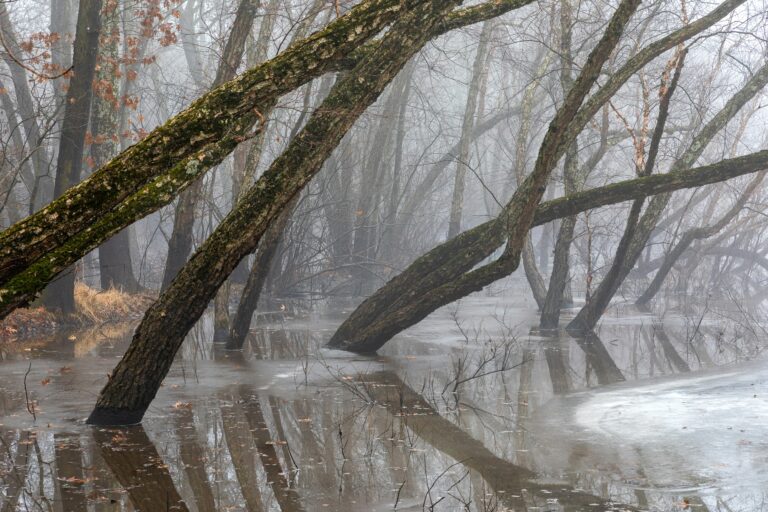Highlights
We don’t expect the climate to change this quickly. We don’t expect ecosystems to disappear this quickly. We don’t expect so many species and habitats to disappear. We don’t expect our life to need to change so quickly.
As people in positions of privilege in the societies where we live, we more or less expect those structures to work in our favor. And therefore we look to them for a sense of security. Whereas if we turn to communities that have managed to stay whole and survive their marginality or their displacement from seats of power, we can learn, I think, that security comes from tending to our relationships, rather than a rule-based ethic, and ethic of care.
I really do want to stress that being able to regulate ourselves with all of the tools of emotional resilience are indispensable life skills. But we don’t want to just stay regulated while the world around us falls apart. We want to learn to hold ourselves steady as we seek an effective response, which means connecting, which means being open and present, because our lifestyle is going to change. Either we change it ourselves or we wait and have it wrested from our closed fists.
When we look at the moment that we’re living in, I think we want an idea of emotional resilience that isn’t bouncing back to the same shape. That’s what resilience is. You come back to the same shape. We want a different understanding of resilience. We want an ability to change shape. We want an ability to understand ourselves differently and to respond and to flow.
The full transcript can be found here.







